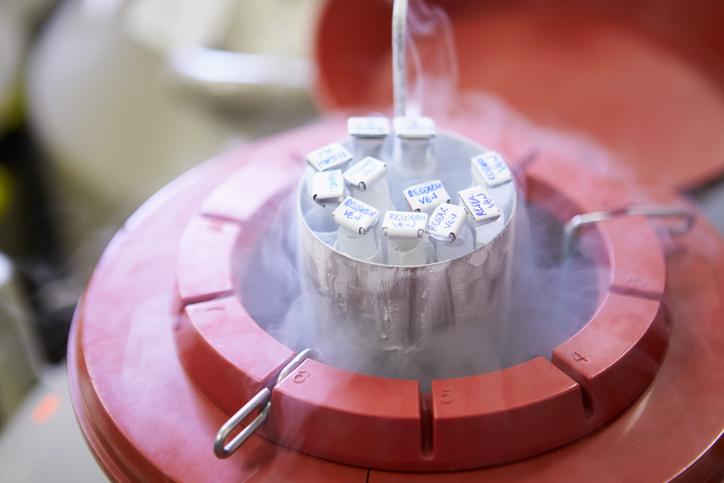A more in-depth analysis of locally acquired Zika cases in Florida led the US Centers for Disease Control and Prevention (CDC) today to warn of a potentially increased risk to residents of Broward and Palm Beach counties, especially as it relates to donated semen, which can harbor the virus for as long as 3 months.
In a statement and at a media briefing today CDC officials said its investigators, along with the Florida Department of Health (Florida Health), looked at local residents' travel patterns between Miami-Dade, Broward, and Palm Beach counties. The CDC said that, since Jun 15, 2016, residents of Broward and Palm Beach counties have been at a potentially increased risk, because they often move back and forth to Miami-Dade County, which was Florida's only transmission area. Also, some of the people in the region who were sick with Zika apparently didn't travel to Miami-Dade County.
The CDC's statement also appears to push back the start date of the risk period from Aug 1, 2016, to Jun 15, 2016.
Denise Jamieson, MD, incident commander with the CDC's Zika emergency response and chief of the women's health and fertility branch in the CDC's reproductive health division, told reporters that new information found in the cases highlights the challenges of identifying the exposure source.
Officials said residents of the tri-county area may not consider their movements between counties as travel to a risk area. Though the exposure locations are unclear for some of the patients who acquired their infections locally, CDC officials said that while Broward and Palm Beach counties haven't been considered active local transmission areas, they are areas at increased risk.
The increased risk is especially relevant for semen, because of viral persistence in that reproductive tissue, the CDC said. Unlike for blood donations, donated semen does not undergo a validated test to detect Zika virus, so there's a risk that some donations collected and stored at local tissue banks might still contain Zika virus.
Federal health officials want to make sure women and couples are aware of the potential threat to semen donated over the past several months in the Broward, Miami-Dade, and Palm Beach counties and talk to their doctors before undergoing assisted reproduction procedures with donated semen.
Peter Marks, MD, PhD, director of the Center for Biologics Evaluation and Research with the US Food and Drug Administration (FDA) said there are 12 sperm banks in the three-county area.
There have been no suspected cases of Zika in Florida transmitted through donated semen, said Matthew Kuehnert, MD, who leads the blood safety task force for the CDC's Zika emergency response.
Officials said the last locally acquired Zika case occurred on Dec 21, though Florida Health recently reported a few more cases that were confirmed in follow-up testing.
See also:
Mar 13 CDC statement





















